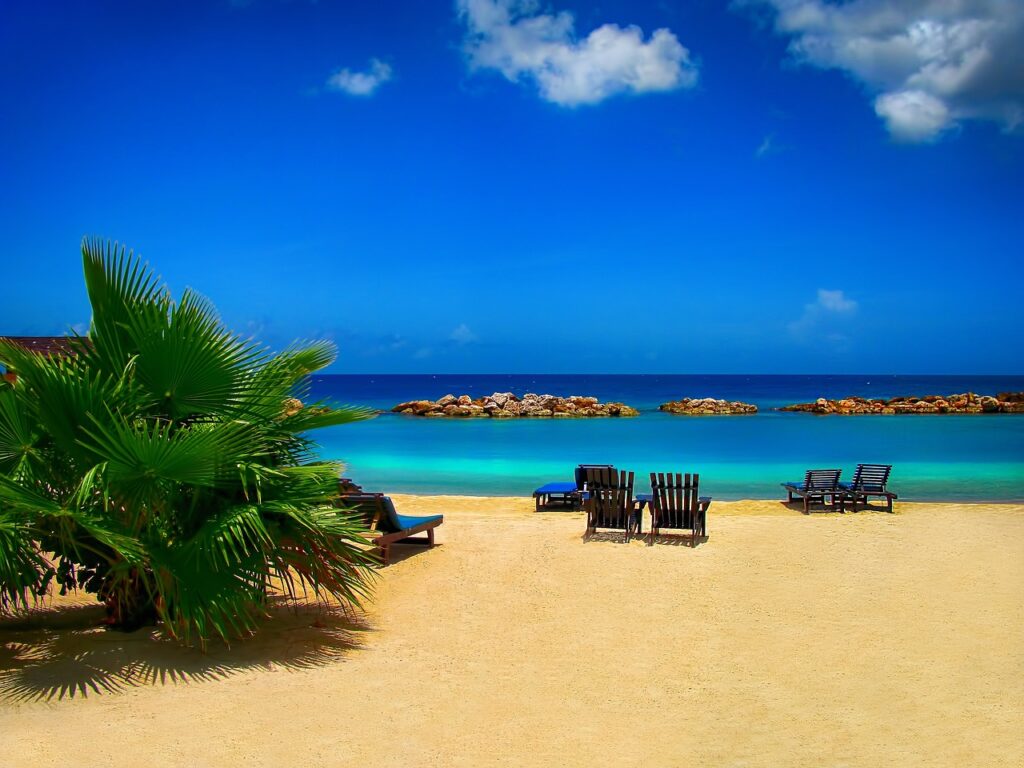
The results show that the number of foreign visitors would increase in winter, but decrease drastically in summer.
The continued emission of pollutant gases associated with climate change could lead to a decrease of up to 19.6% in tourism demand by the end of the century, seriously affecting the economic engine of the archipelago.
Researchers have analysed tourism demand using records of hotel overnight stays and the Tourism Condition Index (TCI), a widely accepted indicator in the scientific literature.
The findings indicate that, between 2090 and 2100, the climate crisis will be a ‘determining’ factor in the seasonal and geographical distribution of tourism in Spain.
Main results:
Balearic Islands: 27.4% reduction in tourist arrivals.
Tarragona: Decrease of 10.9%.
Huelva: Fall of 10.2%.
On the other hand, some regions such as Asturias (growth of 6.9%), Cantabria (6.1%) and A Coruña (5.3%) would benefit.
In the Canary Islands, tourism demand would decrease by 4.1% in Las Palmas and by 3.2% in Santa Cruz de Tenerife. However, variability is observed: during the summer, decreases could reach up to 19.6%, while in winter, the high season, tourist arrivals could increase by up to 7.4% in the westernmost province.
According to regional government figures, tourism generated 16,961 million euros in the Islands in 2022, representing 35.5% of the regional GDP and employing 344,358 people, 39.7% of the total.
More information at here.